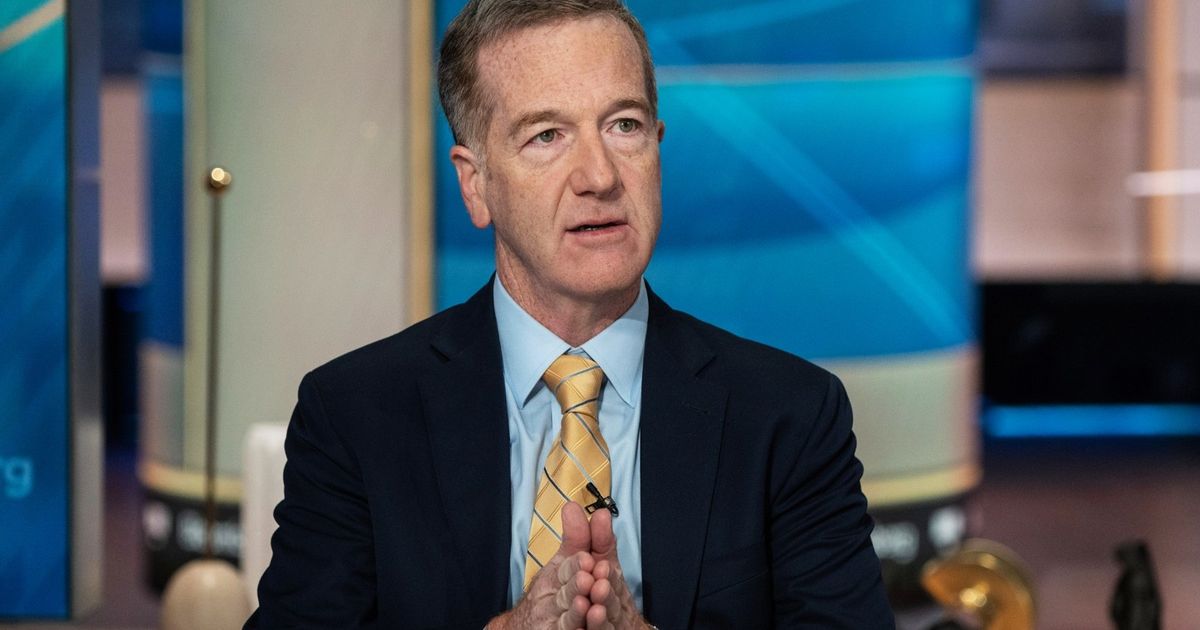US strikes of Iranian nuclear facilities lead the headings, but the waves of sales due to geopolitical events are usually short -short, according to strategic analysts in Morgan Stanley. The response of the market came to the United States on Sunday to join the Israeli attacks, as Brent prices rose by 5.7% before abandoning most of its profits on Monday. But Iran can respond to the escalation by disrupting traffic in the street of Hormuz, a main course of oil and natural gas. “Historical precedents indicate that most sales waves arising from geopolitical tension are short -term and limited,” according to a note written by strategic analysts led by Michael Wilson today. They added that “oil prices will determine whether or not the fluctuations will continue.” According to the “Morgan Stanley” team, the stock market is coherent, events with geopolitical risks that previously led to a few fluctuations in the stock markets in the short term, but after a month, three months and 12 months, the “Standard & Poor’s 500” index (S&P 500) rose by 2%, 3% and 9% respectively. The equity investors prepared for the possibility of the United States’ intervention in Iran by reducing their exposure, while the demand for hedging increased in the days before the air. However, the decline in shares was modest, and most of the recent fluctuations were concentrated in the oil market, as Brent roughly rose by more than 20% this month to trade near $ 77 a barrel. Wilson referred to two factors that support US share prices: The dollar is poor and corporate profits are recovered. The trauma of an inflationary stagnation in the case of the closure of hormuz, the equity investors may be anxious if oil prices continue to rise, as the impact on inflation and the economy is likely to be significant, which will threaten the chances of reducing interest rates. “If the street of hormuz is closed, we expect a great inflationary stagnation similar to what happened in 2022,” said Joachim Clement and Suzana Cruz, the strategic analyst of Panmal Liberum. They added: “In this case, we are more likely to correct by between 10% and 20%, and we can see a new falling market if the trade war escalates in early July.” As far as Lilson and his team are concerned, the falling market scenario requires a significant increase in oil prices. According to their analyzes, the price of oil should reach $ 120 a barrel before posing a threat to the business course. Wilson wrote: “Although we are in danger, the road is long before we reach this scenario.”
Morgan Stanley: Sale of waves caused
